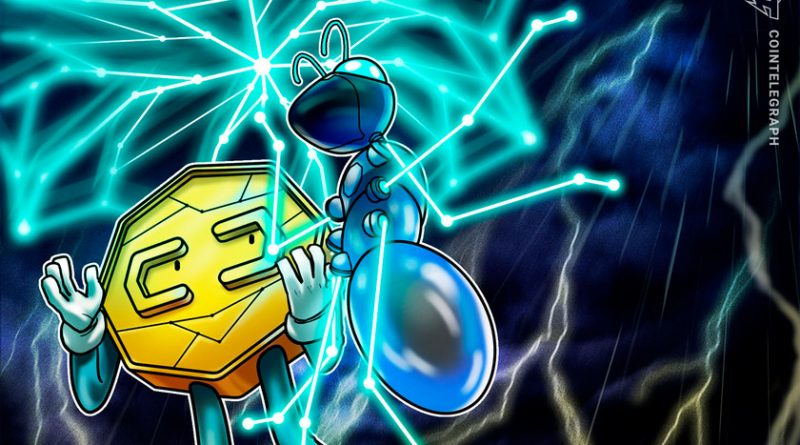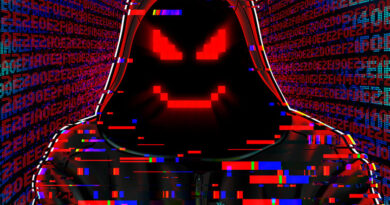MocktailSwap’s ‘Semi-fungible token’ project launches on Binance Smart Chain
MocktailSwap is reportedly the first ERC-1155 standard token to launch on Binance Smart Chain.
MocktailSwap Finance, an up-and-coming DeFi protocol focused on automated market makers, has launched a so-called “semi-fungible token” on the Binance Smart Chain, offering further evidence of innovation in decentralized finance.
The semi-fungible token is based on Ethereum’s ERC-1155 standard, which enables a smart contract to govern an unlimited number of tokens. ERC-1155 tokens can operate as either ERC-20 or ERC-721 standards at the same time using the same address.
ERC-1155 is a multi-token standard for “contracts that manage multiple token types,” according to a summary of the Ethereum Improvement Proposal, or EIP. Under the EIP proposal, the benefits of ERC-1155 are described as follows:
“New functionality is possible with this design such as transferring multiple token types at once, saving on transaction costs. Trading (escrow / atomic swaps) of multiple tokens can be built on top of this standard and it removes the need to “approve” individual token contracts separately. It is also easy to describe and mix multiple fungible or non-fungible token types in a single contract.”
In the cake of Mocktail, the ERC-1155 token is “fungible” until it’s redeemed. At the point of redemption, it becomes “non-fungible.” Upon redemption, the token will not hold any value and cannot be traded like a regular token. As such, these non-fungible tokens can be traded on the rapidly growing NFT market.
Launched in February, MocktailSwap is a platform for decentralized token swapping, offering users higher liquidity and, in theory, more favorable rates. The protocol claims to offer minimal fees and yield farming capabilities.
Binance Smart Chain launched in September 2020 and currently boasts of more than 180 projects, many of which are focused on DeFi and NFTs. These two industry verticals have exploded in 2021, offering cryptocurrency investors new growth opportunities.
Nevertheless, Binance Smart Chain has received criticism over concerns that the ecosystem hand selects validators, leading to centralization risks. The BSC network is governed by just 11 validators who oversee the daily selection of 21 active validators.




